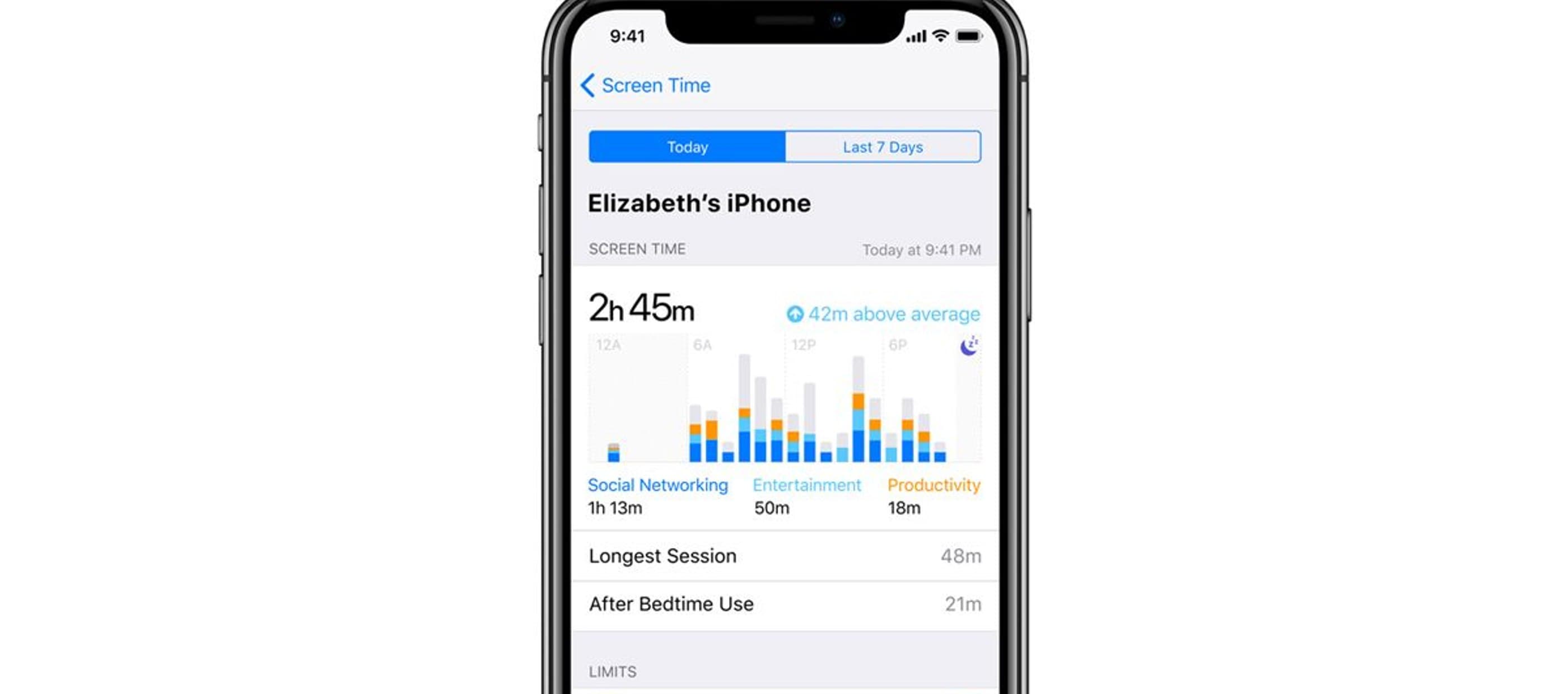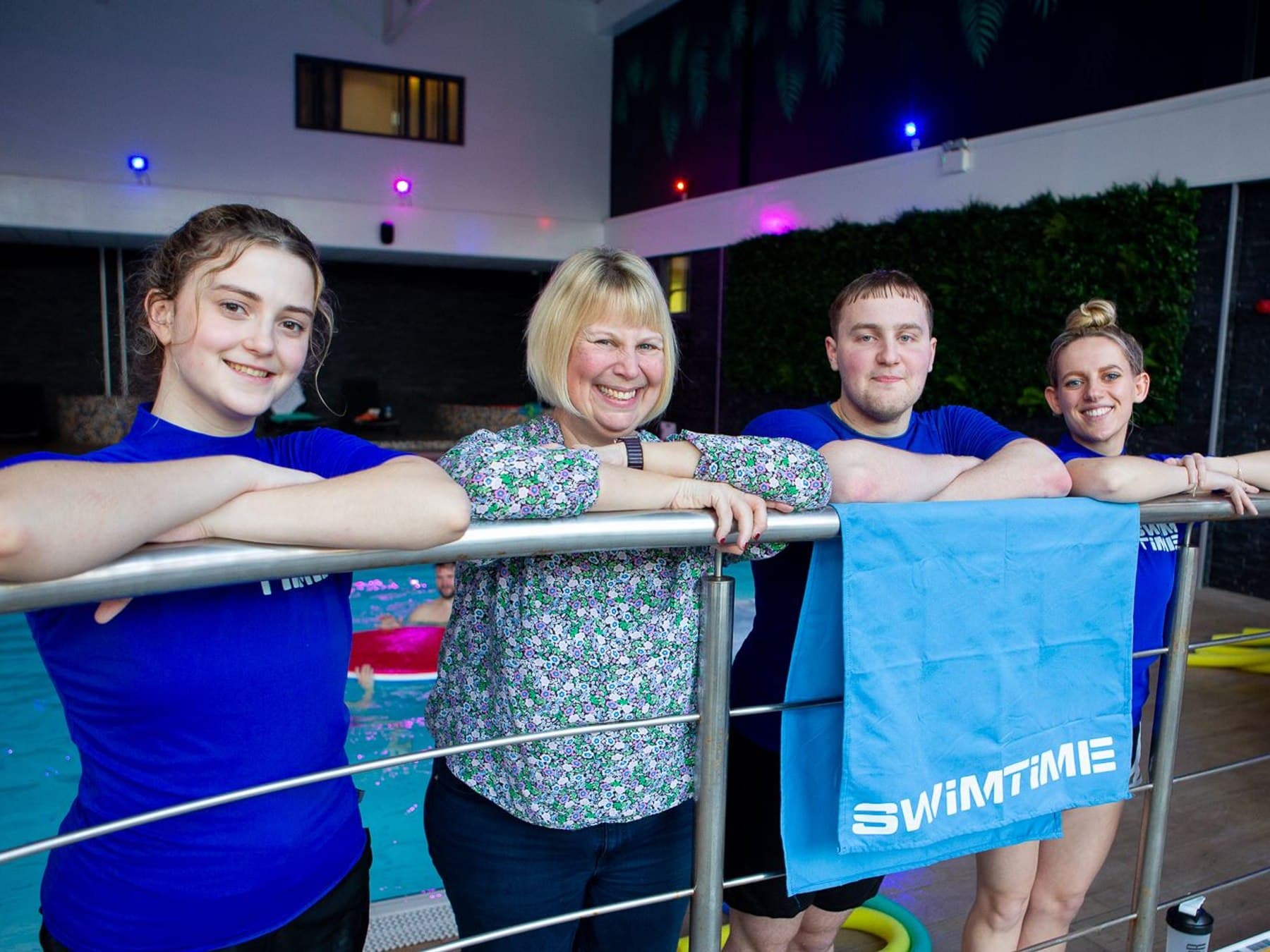In this blog, we explore the concerns associated with too much screen time for children and the benefits that come from a more active lifestyle.
There’s growing evidence that excessive screen time can hamper the development of children. According to a recent study carried out in the United States, children under 8 years old spend, on average, over two hours a day staring at screens, which is twice what the pediatric guidelines recommend. Unregulated screen time has been shown to have a range of negative outcomes including inferior performance in the classroom.
While it’s hard to argue with the counter-argument that screens can also play a positive role in terms of supporting education, providing entertainment and promoting social engagement, the issue is not so much about a child’s use of screens but their growing dependence on them. As a parent, you need to weigh up the potential advantages and disadvantages so you can decide where to draw the line.
Let’s start by looking at some of those well-reported disadvantages…
Problems caused by a sedentary lifestyle
When a child’s attention is fixed on a screen, they tend to be sitting down indoors and they’re less likely to be getting the exercise they need for their healthy development and general wellbeing.
Another recent study from the US discovered that three-year-olds who were spending too much time in front of a screen were five times more likely to be obese by the time they were five.
Problems facing teenagers who don’t get enough exercise can be even more complex. Researchers have discovered that adolescents who spend too much time looking at screens are more likely to suffer from mental health issues.
Sleep issues
Too much screen time, particularly when it’s time for bed, can play havoc with the normal sleep routine. The resulting problems can include difficulties nodding off, poor quality sleep and the knock-on challenges that come from not getting enough sleep. How do we know screens are to blame? The blue light emitted by devices is thought to interrupt melatonin production, disrupt circadian rhythms and interfere with natural sleep cycles.
You don’t have to dig too deep to understand that a problem exists. Just the fact that children are glued to their screens at every opportunity means that, if they are not properly supervised, they will happily keep playing long after their supposed bedtime which will inevitably reduce the amount of sleep they are getting.
Is that really so bad? The answer to that question is, almost certainly, yes. If your child isn’t getting sufficient sleep this can impact cognitive and behavioural issues when they move into their teens.
Other related problems
Further studies suggest that young children who spend more time in front of screens tend to have shorter attention spans, making it more difficult to focus on work in the classroom and listening to their teachers.
This preoccupation with smartphones and tablets inhibits the time spent conversing with others. This can impact social skills as well as the emotional intelligence that comes from consistently practising reading facial expressions and understanding social cues.
The benefits of an active lifestyle
So, let's take a look at the other side of the coin and explore some of the benefits of putting those screens down and enjoying a more active lifestyle. As the UK’s largest swim school, our interest is naturally focused on this particular activity.
What makes swimming different from most other sports is that it’s low impact. This means, with correct supervision, even the youngest toddlers can enjoy a workout in the water with a wide range of benefits for their physical development.
Swimming can help develop fine and gross motor skills from the earliest age. Gently building strong muscles and general levels of fitness. As they grow, children will continue to benefit from the exercise with increased blood flow that is known to strengthen the heart.
Swimming is also a brilliant way to steadily increase lung capacity. This is all down to the fact that the activity encourages your child to regulate their breathing pattern while they move through the water, exhaling as deeply as they inhale. This benefits them in two ways: it helps them feel calm and relaxed and it also reduces toxin levels in the body.
World Health Organization guidelines
If you’re looking for official guidance on the potential problems of excessive screen time, let’s leave the last word to the World Health Organization.
They recommend no sedentary screen time for children under two years old, less than one hour for those between two and three and then up to one hour per day if your child is aged between three and four. That certainly sounds like a good place to start.
If you’d like to steer your child towards a more active lifestyle, it’s easy to book swimming lessons in your local area using our online lesson finder.



